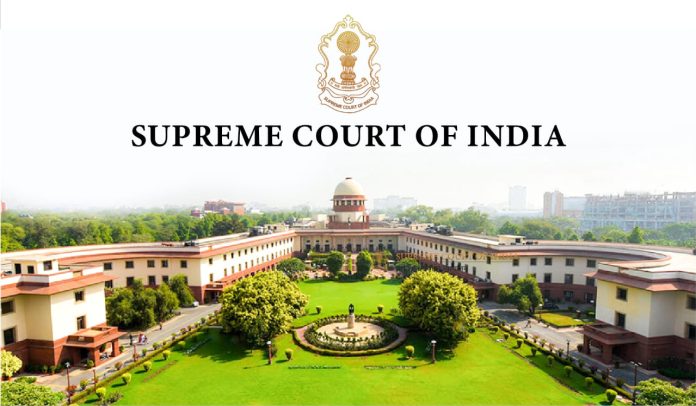– Anwarulhaq Baig
New Delhi, 13 Sep: In a significant development, the Supreme Court of India has directed the Ministry of Home Affairs (MHA) to frame comprehensive guidelines within three months on press briefings by police during criminal investigations to stop them from turning into media trials.
Coming down heavily on the ‘media trials’, a Bench of Chief Justice of India DY Chandrachud and Justices PS Narasimha and Manoj Misra said today that the media trial led to deflection from the course of justice.
Stressing the need for updated guidelines, as the existing ones were issued over a decade ago, the apex court observed that now reportage of criminal cases in print and electronic media has evolved radically.
Asking to make a balance between the fundamental right to free speech and expression, and the rights of the accused to a fair probe, the Supreme Court observed that media reportage which implicated an accused during a trial was unfair. Adding that media reports can also violate the privacy of victims, the court has pointed out that biased reporting leads to public suspicion that the person has committed a crime.
The apex court also called upon the Director Generals of Police (DGPs) from all states to provide their input and suggestions for these guidelines. The case will be further reviewed in the second week of January once the MHA prepares the handbook. The National Human Rights Commission (NHRC) has also been instructed to contribute to it.
To ensure objectivity, the court emphasized that police disclosures during media briefings should not result in a “media trial”.
The SC issued this directive in response to a petition filed by the People’s Union for Civil Liberties (PUCL) related to police encounters.
According to the Livelaw, the focus of this directive centres on two critical aspects. First, it concerns the procedures to be followed by the police during encounters, and secondly, it addresses the protocols that must be observed when police conduct media briefings amid ongoing criminal investigations. While the former was addressed in a 2014 judgment, the SC has now shifted its attention to the latter.
Amicus Curiae and Senior Advocate Gopal Sankaranarayanan has argued that police disclosures during investigations not only impact the rights of victims and accused but also the overall rule of law. This directive signifies a significant step toward ensuring a balanced and impartial approach to media briefings in criminal cases.
The next hearing has been scheduled for the second week of January next.
Harshly criticising, while speaking at the 16th Ramnath Goenka Awards function, earlier this year, CJI Chandrachud said, “the Media trial can have long lasting repercussions as it creates narratives which make a person guilty in the eyes of the public even before being convicted by a court.”




